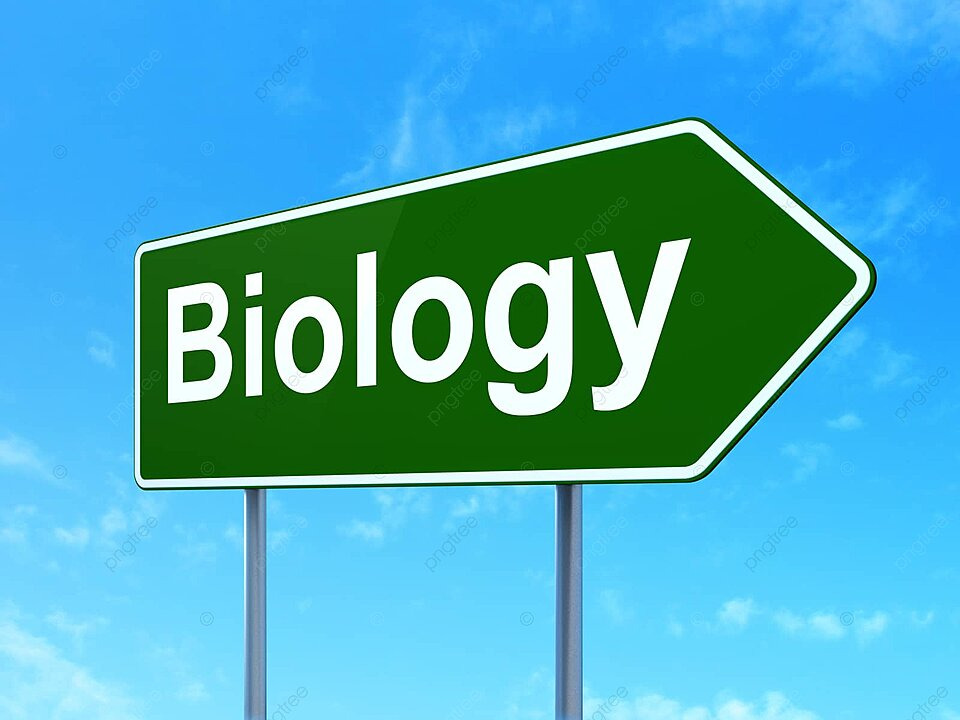Ph.D. in Biology: Introduction, Admission, Registration, Eligibility, Duration, Fees, Syllabus 2024

Introduction:
A Ph.D. in Biology is a research-intensive program designed to advance knowledge in the field of biological sciences. It involves rigorous training in research methodologies, data analysis, and critical thinking. Students engage in independent research projects that contribute to the understanding of complex biological systems and processes, from molecular to ecosystem levels.
Admission Process:
- Completion of an online application form.
- Submission of academic transcripts demonstrating a strong background in biology.
- Letters of recommendation from academic or professional mentors.
- A well-crafted statement of purpose detailing research interests.
- GRE scores, if required by the institution.
- An interview with the department’s faculty members.
Eligibility:
- A bachelor’s degree in biology or a related field.
- A strong academic record, particularly in science courses.
- Research experience in a biological science setting.
- Proficiency in English (TOEFL/IELTS for non-native speakers).
- Publications in scientific journals can be advantageous.
- A master’s degree may be beneficial or required.
Completion Time:
A Ph.D. in Biology typically requires 4-6 years of full-time study. The program starts with coursework and laboratory rotations, followed by comprehensive exams. The majority of the time is dedicated to conducting original research, culminating in a dissertation that contributes new knowledge to the field of biology.
Career Opportunities:
- Academic positions in teaching and research.
- Research roles in government and private sectors.
- Biotechnology and pharmaceutical industry positions.
- Conservation and environmental management roles.
- Science communication and policy advising.
- Entrepreneurial ventures in biotech startups.
Syllabus:
- Core courses in genetics, biochemistry, and ecology.
- Advanced topics in molecular and cellular biology.
- Specialized electives based on research interests.
- Training in statistical analysis and bioinformatics.
- Ethical considerations in biological research.
- Seminars on current advances in biology.
Internship Opportunities:
- Research internships in academic laboratories.
- Internships with biotech and pharmaceutical companies.
- Opportunities in government research agencies.
- Conservation and wildlife management internships.
- Clinical research internships in healthcare settings.
- International research collaborations.
Scholarship and Grants:
- Teaching and research assistantships.
- Fellowships from universities and research institutions.
- Grants from scientific societies and foundations.
- Industry-sponsored scholarships for specific research areas.
- Government scholarships for promising researchers.
- Travel grants for conferences and seminars.
FAQs:
What is the focus of a Ph.D. in Biology?
It focuses on conducting original research to advance biological sciences.
How long does the program take?
Typically, 4-6 years of full-time study.
Are there opportunities for interdisciplinary research?
Yes, many programs encourage cross-disciplinary collaboration.
What careers can I pursue with a Ph.D. in Biology?
Academic research, industry roles, government positions, and more.
Is funding available for Ph.D. students?
Yes, through assistantships, fellowships, and grants.
Can international students apply?
Absolutely, with additional language proficiency requirements.
